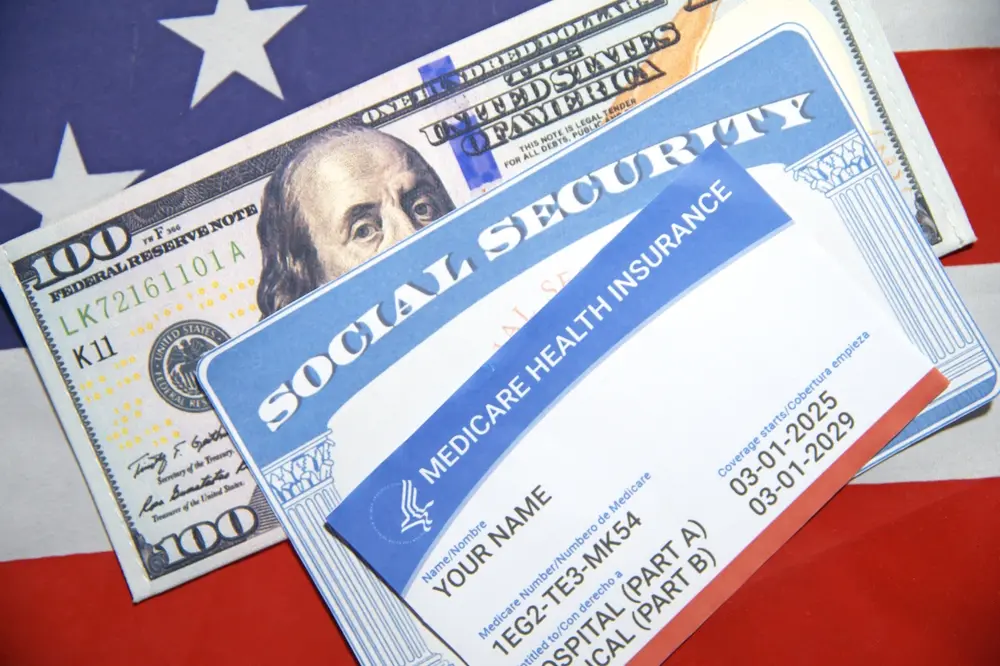It used to be the two guarantees in life were taxes and death, but you can now add high healthcare costs to that list. Healthcare costs are climbing every year. From insurance premiums to prescriptions, more and more of your budget is going to healthcare.
Many people feel frustrated when they return from the pharmacy with a bag full of pills and an empty wallet. But it doesn’t have to be that way; there are ways to manage your healthcare costs.






